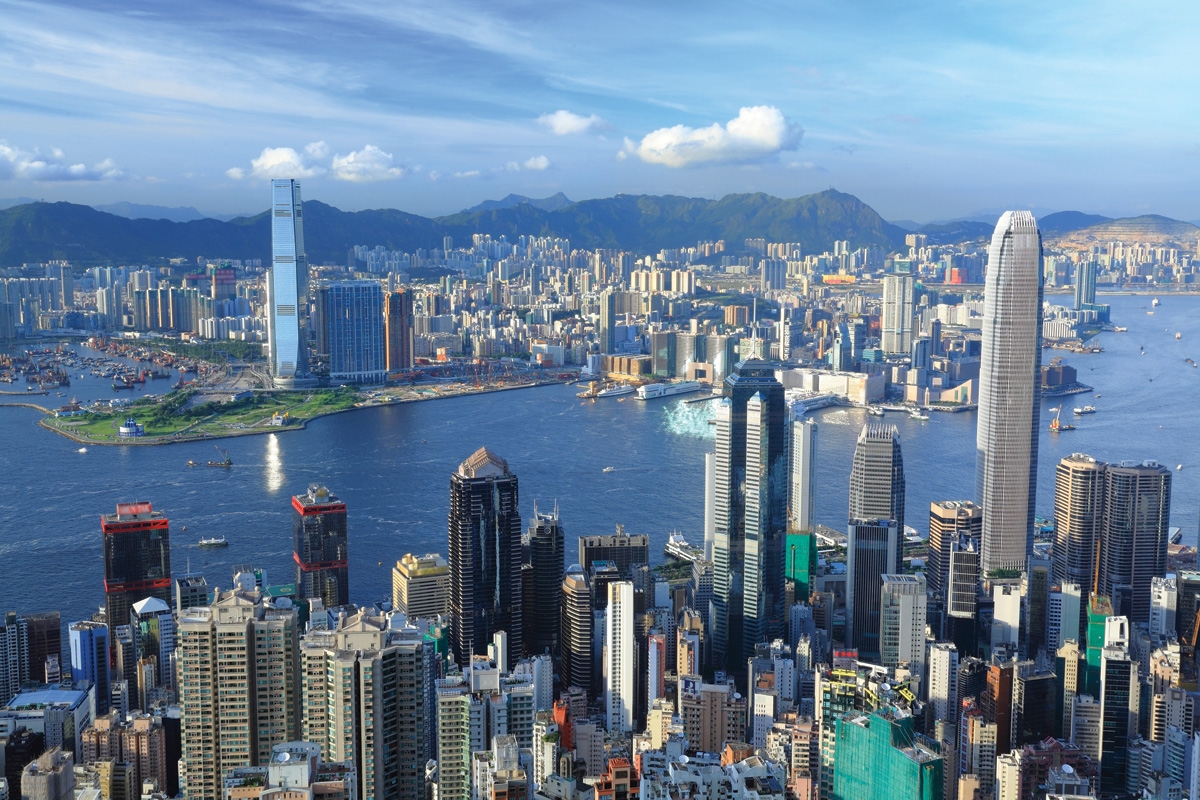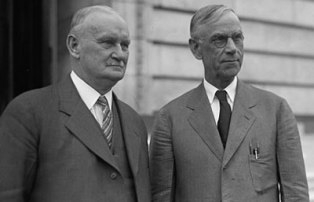
Chinese Ambassador Cong comments on new legislation for Hong Kong
Op-ed by Cong Peiwu, Chinese Ambassador to Canada
Some Explanations of the Decision on Hong Kong National Security Legislation
When I was posted in the Chinese Embassy in Ottawa for the first time about 20 years ago, I learned how close the Canadians hold Hong Kong to their hearts. Nowadays, there are 300,000 Canadian citizens living in Hong Kong and many Canadian companies investing there. It is natural that Canadians are following the situation in Hong Kong very closely.
On May 28, the 13th National People's Congress (NPC), the country’s top legislature, approved the Decision on Establishing and Improving the Legal System and Enforcement Mechanisms for the Hong Kong Special Administrative Region to Safeguard National Security, which has attained a lot of attention in Canada. I want to make a few explanations of the Decision.
First, the Decision has a sufficient legal basis. The legislation of national security is the embodiment of a country's exercise and maintenance of sovereignty. In all countries, only the State legislature has the legislative power on issues concerning national security. Article 31 of the Constitution of the People's Republic of China stipulates that “The state may establish special administrative regions when necessary. The systems to be instituted in special administrative regions shall be prescribed by law enacted by the National People’s Congress in the light of specific conditions.” The legal documents made by the NPC in accordance with its constitutional duties and procedures have constitutional status and the supreme authority.
The Decision aims at improving the systems and mechanisms in HKSAR related to the Constitution's implementation and the Basic Law at the national level. Article 23 of the Basic Law gives the HKSAR authority to enact laws on its own to prohibit seven kinds of acts undermining national security. The Decision authorizes the Standing Committee of NPC to enact laws that partially intersect with, but do not entirely overlap with, Article 23 of the Basic Law. It’s targeted at a narrow category of acts that seriously jeopardize national security. The Decision does not amend the Basic Law, does not repeal the provisions of Article 23 of the Basic Law, and does not replace or exclude the Basic Law.
Secondly, it is necessary and urgent to review the Decision now. Since the turbulence over the amendment bill in Hong Kong last June, the "Hong Kong Independence" and local radical separatist forces have become increasingly rampant with escalating violent terrorist activities. Foreign interfering forces have blatantly ramped up intervention in Hong Kong affairs. Even during the third session of the 13th NPC in the past week, the radical protesters carried out a lot of violent activities in Hong Kong. The aforementioned activities have seriously challenged the bottom line of the "one country, two systems" principle and poses a real threat to sovereignty and national security. This has threatened people's safety and property, disrupted rule of law and social order, undermined prosperity and stability in Hong Kong. The resulting economic losses have amounted to tens of billions of US dollars.
Meanwhile, since Hong Kong return to China in 1997, the legislative process of Article 23 is yet to materialize. Hong Kong's current laws related to national security crimes are also in a "dormant" state on the whole. They cannot effectively combat terrorist activities and other activities that seriously endanger national security. They cannot meet Hong Kong's real and urgent need to safeguard national security. There are also obvious shortcomings in the institutional setup, strength allocation, and law enforcement power allocation for safeguarding national security.
Thirdly, the Decision does not violate the “one country, two systems” principle, and will not erode HKSAR’s high degree of autonomy. The Decision entrusts the NPC Standing Committee to formulate relevant laws on establishing and improving the legal system and enforcement mechanisms for the HKSAR to safeguard national security. The NPC Standing Committee will exercise its functions and powers of legislation under authorization. And it is compatible with the existing legal system and judicial system of Hong Kong and will not affect the independent judicial power and final adjudication power of the HKSAR. The relevant legislation targets a very small number of people suspected of endangering national security crimes. The freedom of speech, press, publication, and assembly enjoyed by the general public of Hong Kong is not subject to interference, daily life will not be affected, and the safety of the property will continue to be effectively guaranteed. At the same time, the legislation on safeguarding national security in the HKSAR is purely a matter of China’s internal affairs, something that no foreign country has the right to interfere.
Fourth, the Decision is conducive to maintaining Hong Kong's social stability and protecting its security. Since last year, the activities of the "Hong Kong Independence" elements, radical separatists, and the opposition have severely trampled on the rule of law in Hong Kong, undermined social stability, and severely hit the economy and people's livelihood. Hong Kong's business environment and international image have negatively affected the confidence of foreign investors. International rating agencies have consecutively downgraded Hong Kong's credit rating, causing Hong Kong to lose its status as the freest economy in the world for 25 consecutive years, and Hong Kong drops to sixth in new global financial centre rankings. Only by safeguarding national security and consolidating the foundation of "one country, two systems", can the fundamental interests and the well-being of the general public in Hong Kong be guaranteed, and the HKSAR can enjoy long-term peace, stability and harmony. This also conforms to the interests of relevant parties, including Canada. The Decision has been hailed by the HKSAR government and the overwhelming majority of the Chinese public.
Photo: Shutterstock








